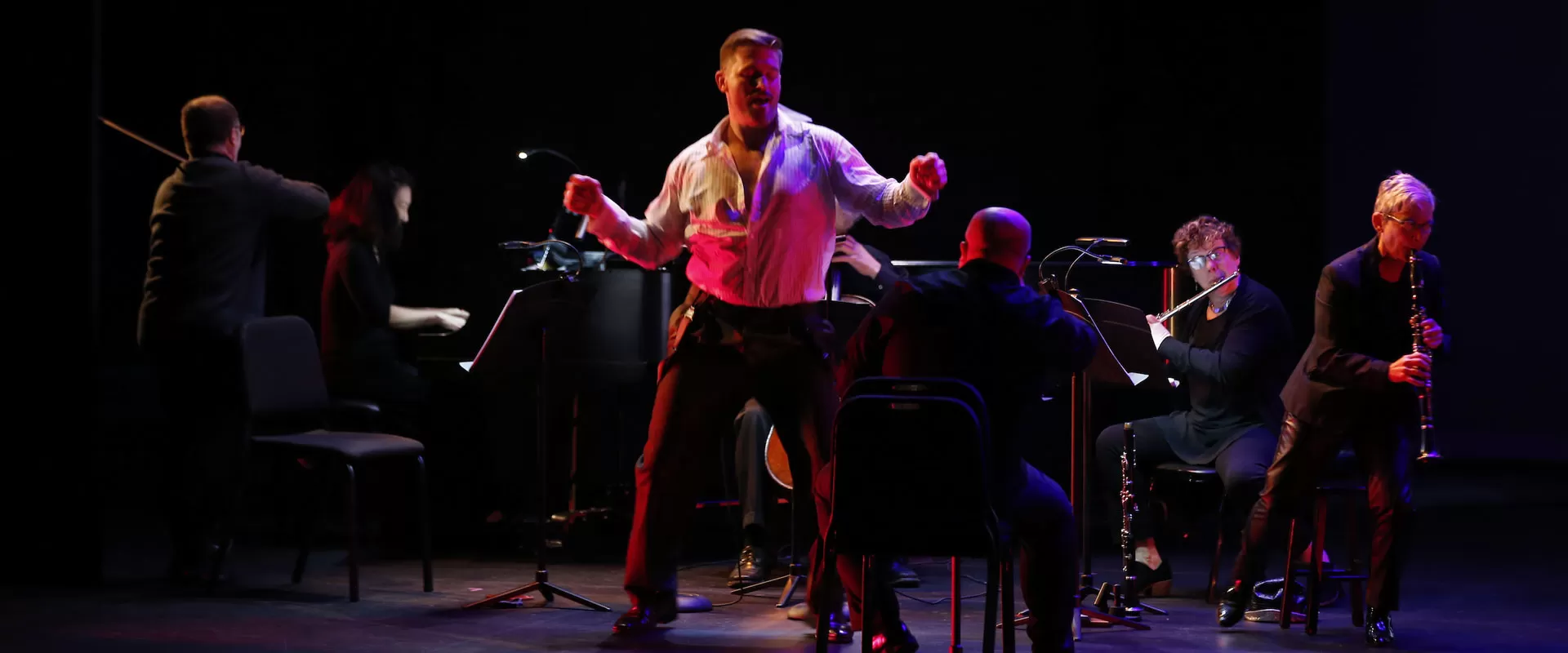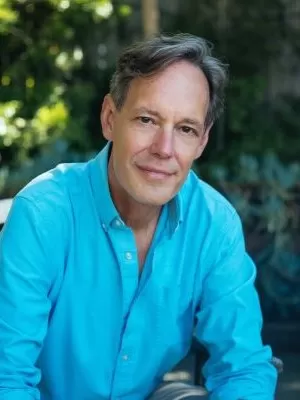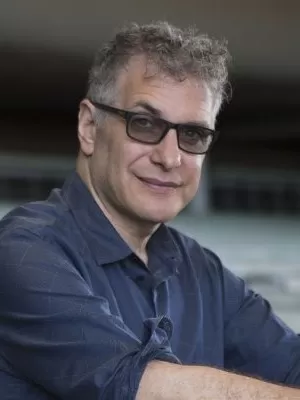World premiere: May 7, 2007, Benaroya Hall, Seattle, WA, at Music of Remembrance's Holocaust Remembrance Day concert.
The major young American composer Jake Heggie accepted a commission from Music of Remembrance to create a work that speaks for the German homosexual population's experiences, both the oppression and the resistance to it. Artistic Director Mina Miller said: "For many years Music of Remembrance had envisioned commissioning a work which would address this tragedy. Our challenge was to find a composer who could communicate its moral and historical importance, and to do so in a way that would be intimate rather than didactic. When I came to know Jake Heggie's music (Dead Man Walking, The End of the Affair), I knew immediately that we had found the perfect composer for this work. I am so impressed by the emotional honesty of his writing, and by how expressively his music captures complicated human relationships. Jake Heggie has been a wonderful collaborator, and For a Look or a Touch reflects his heart as well as his genius." The work's world premiere took place in Seattle in May 2007, with baritone Morgan Smith singing the lead, and baritone Julian Patrick in a non-singing role.
Jake Heggie offers the following remarks:
Because the persecution of gays during the Holocaust is a topic not much recognized nor discussed, Mina Miller decided to take it on in a powerful and meaningful way: through music. When she called and asked me to create a new chamber music composition on this subject, I was deeply moved--and hugely challenged. How on earth could we do honor and justice to this subject?
As an opera composer--a theater man--I told Mina I'd want to include a singer and find a narrative of some kind. But when I looked for poetry or stories from the era, I was deeply upset to discover a vast silence. Because homosexuality was against the law in Germany until 1970--even after the camps were closed, the war over--gays stayed in hiding or got married, fled or tried to blend in. Not until the late 1970s did the literary and art world break the silence (e.g., Martin Sherman's 1979 play Bent). Even in 2005, when the European Union's Parliament drafted a resolution regarding the Holocaust, any mention of the persecution of gays was removed.
After visiting the U.S. Holocaust Memorial Museum and reading book after book, I came across Robert Epstein and Jeffrey Friedman's extraordinary documentary film, Paragraph 175. It provides testimony from several gay men, survivors of the camps in their 70s, 80s and 90s, telling stories they never thought they'd be able to tell. Surprising, tragic, funny, hateful, shocking stories. Then Mina Miller sent me a link to the journal of Manfred Lewin, a gay Jew murdered at Auschwitz with his entire family. I had all the elements, just not the story. I needed a librettist. I had just worked with the tremendously gifted Gene Scheer--a songwriter as well as a librettist and lyricist--on a new song cycle, with plans to write an opera together, so I asked him. I shared the research I'd done with him; he found books I didn't know about. When Gene came across Manfred Lewin's journal, excited by the beauty of Manfred's poetry, he called me right away.
Manfred wrote his journal for his lover Gad Beck, who is still alive today. (One of the storytellers in Paragraph 175, Gad has also written an autobiography.) The two teenagers were lovers in Berlin until Manfred and his family were taken. In their love affair, we found our story: an actor would play Gad in the present day, while the baritone would sing the role of Manfred, appearing one night to Gad as a ghost. Through the two of them, we'd be able to share Manfred's poetry and the stories from Paragraph 175.
Manfred's question, "Do you remember?" established the work's tone. In our story, Gad wants only to forget the horrors he lived through; Manfred's ghost wants only to be remembered, for Gad to treasure their powerful, timeless love. The play between past and present was, musically, filled with rich possibilities. The tune for "Do you remember?" serves as the anchor of the piece; most of the other material in the piece is connected to it. I chose the instruments in the ensemble for a variety of color (so I could include elements of jazz and swing), for a lyrical as well as gritty instrumentation, and for the percussive possibilities of the piano, including using the inside of the piano.
#BBD0E0 »For a Look or a Touch was completed in March of 2007.



